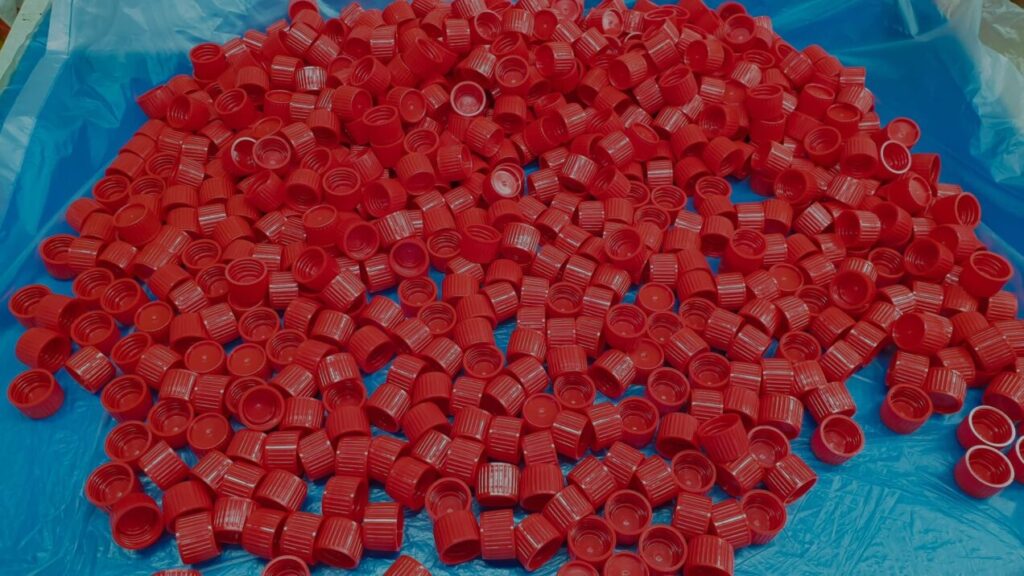

Originally published on fastradius.com on August 16, 2021
Deciding to make your part out of plastic is often simple, but determining the best type of manufacturing for your plastic part can be more complicated. Popular and versatile plastics are often able to be manufactured through a number of different processes, opening up opportunities to choose the manufacturing process that fits best with your application.
The design needs of your part and the plastic you’ve selected are only two of the factors that must be considered when selecting a type of manufacturing to use. Production volume, customization, lead time, required tolerances, and quality all influence whether CNC machining, a type of additive manufacturing, or injection molding is the right choice. It is worth noting, however, that some applications require specific materials that can only be manufactured in one way.
The number of parts you’re looking to produce– and how customized each individual part will be– will have a high-level impact on which manufacturing processes will work best for your application.
Traditional manufacturing processes like CNC machining and injection molding involve tooling costs that can be prohibitively expensive at smaller volumes, making them better suited for high-volume production. At the same time, additive manufacturing offers unparalleled customization capabilities with no upfront tooling, making it an ideal choice for lower volumes and highly customized parts.
How quickly do you need your parts? Processes that include lengthy design and tooling periods like injection molding often take months and are difficult to execute on a tight timeline. However, it’s worth noting that once your injection molding tooling is up and running, it can be the fastest production option.
In contrast, additive processes like Carbon Digital Light Synthesis (DLS) and HP Multi Jet Fusion produce end-use parts much more quickly. Additive processes allow for faster prototyping and design changes, and since you’re able to use the same materials and processes for prototyping and production, you can move immediately into production without adjustments or retooling.
The level of precision required for your parts can help determine what type of manufacturing process is ideal for your application. CNC machining can typically achieve the smallest tolerances at +/- .005 mm, while additive technologies require tolerances greater than +/- .25mm. Understanding the appropriate tolerance for your part is key to selecting the right process and ensuring you receive parts that meet your specs.
Contact us today to learn more about how we can make your ideas a reality.
Forget typical cycle times. We're pushing the boundaries of conformal cooling. While traditional approaches deliver…
Forget typical cycle times. We're pushing the boundaries of conformal cooling. While traditional approaches deliver…
From left to right: Brayden Janak (apprentice); Logan Vifaquain (CNC machining, Programming and CMM); Ron…
SyBridge Technologies is proud to announce we have been awarded the 2023 General Motors Supplier…
Today, designers and engineers are accustomed to working with digital tools in their day-to-day jobs.…
Optimizing Your Injection Molding Process for Cost-Effective Manufacturing Excellence In today’s competitive landscape, manufacturers are…